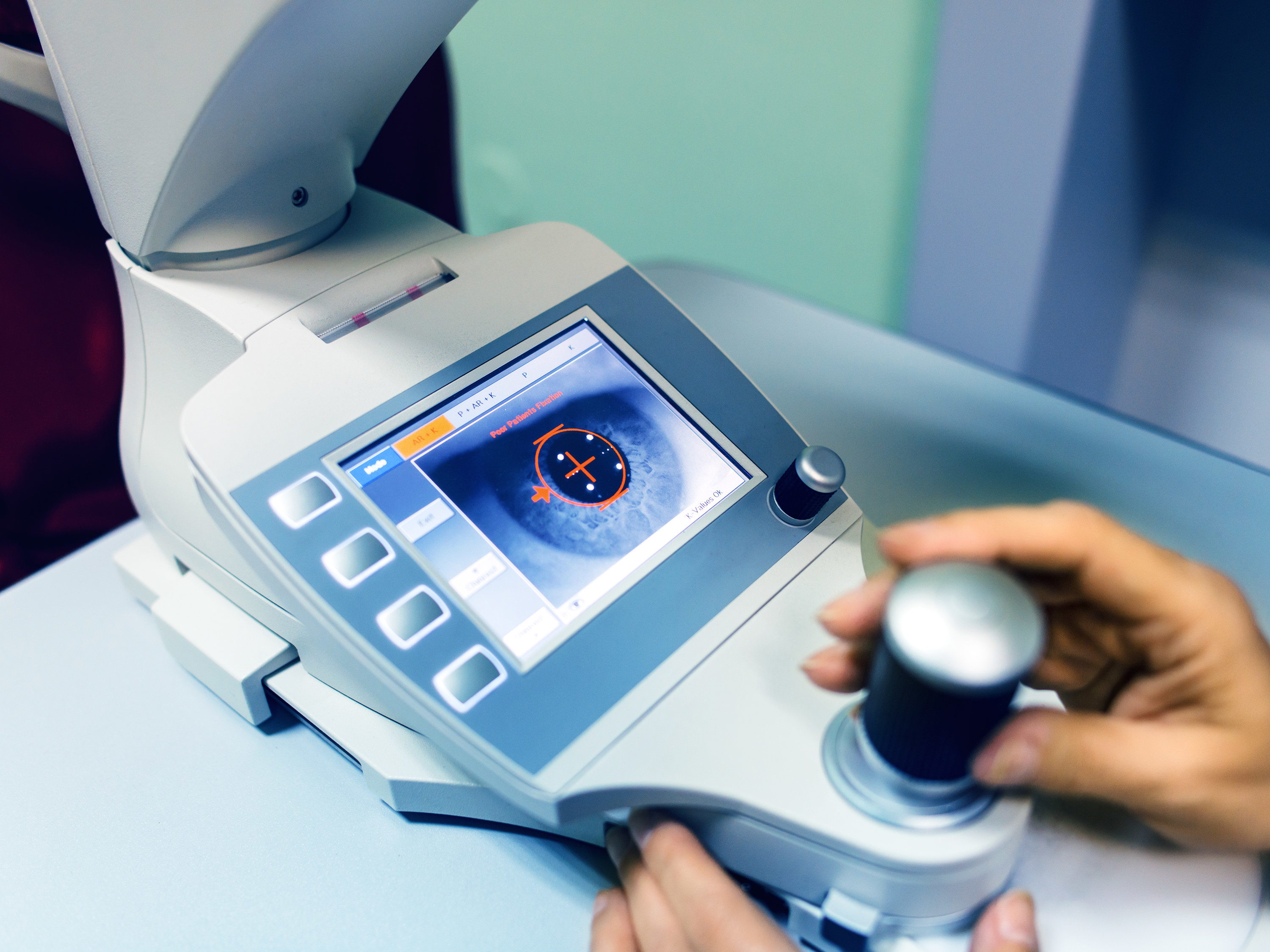Laser eye surgery is a method of correcting vision where the eyes are numbed and changes are made to the cornea using lasers. Specifically, LASIK eye surgery is thought to have a 96% success rate. Around 10 million Americans have had this surgery since it was approved in 1999.
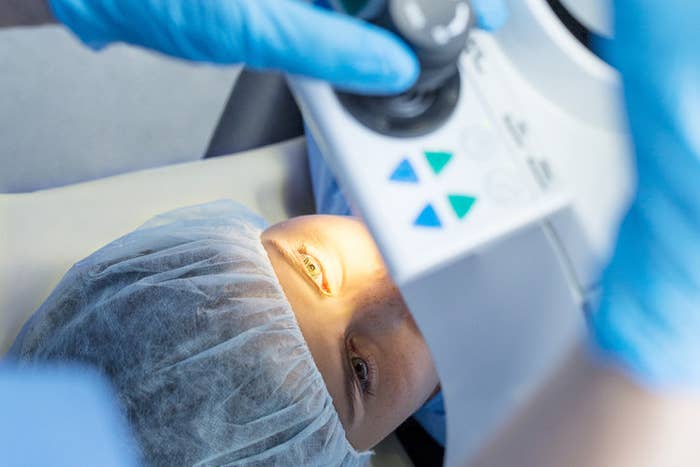
Although complications from these procedures are rare, when something does go wrong, it can go really wrong — and the patients with the worst outcomes are often left to pick up the pieces.
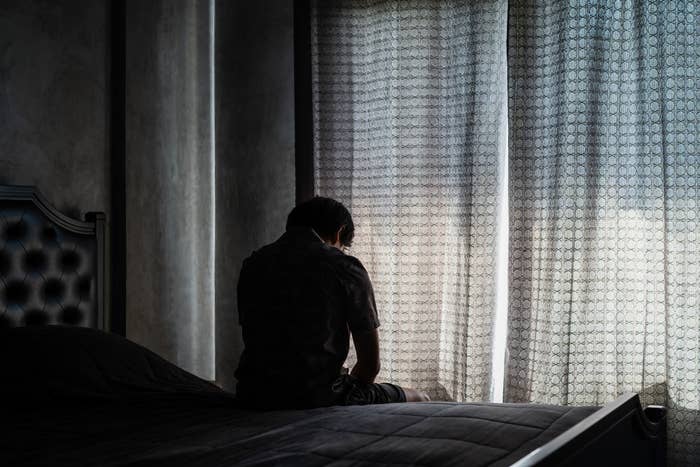
Erin Orchard, 33, is among the estimated less than 1% of people who suffer long-term complications after receiving laser eye surgery. Erin has been discussing her experience on TikTok and recently posted a video where she expressed grief over some devastating news she had received. Her friend — a fellow member of the laser eye surgery complications support group she belongs to — died by suicide.
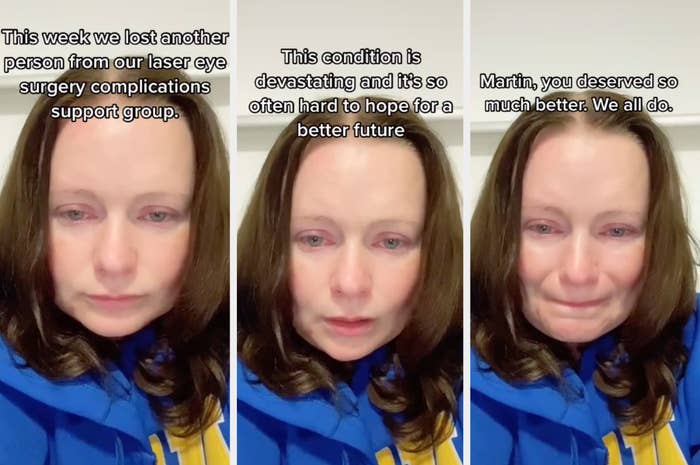
Erin's chronic pain nightmare began in January 2019, after she had PRK surgery — a laser eye procedure that treats nearsightedness, farsightedness, and astigmatism by reshaping the cornea. "Wearing glasses was never really a big issue for me, but when I got engaged, I decided I didn’t want to wear glasses on my wedding day...which seems so silly to me now," she said.
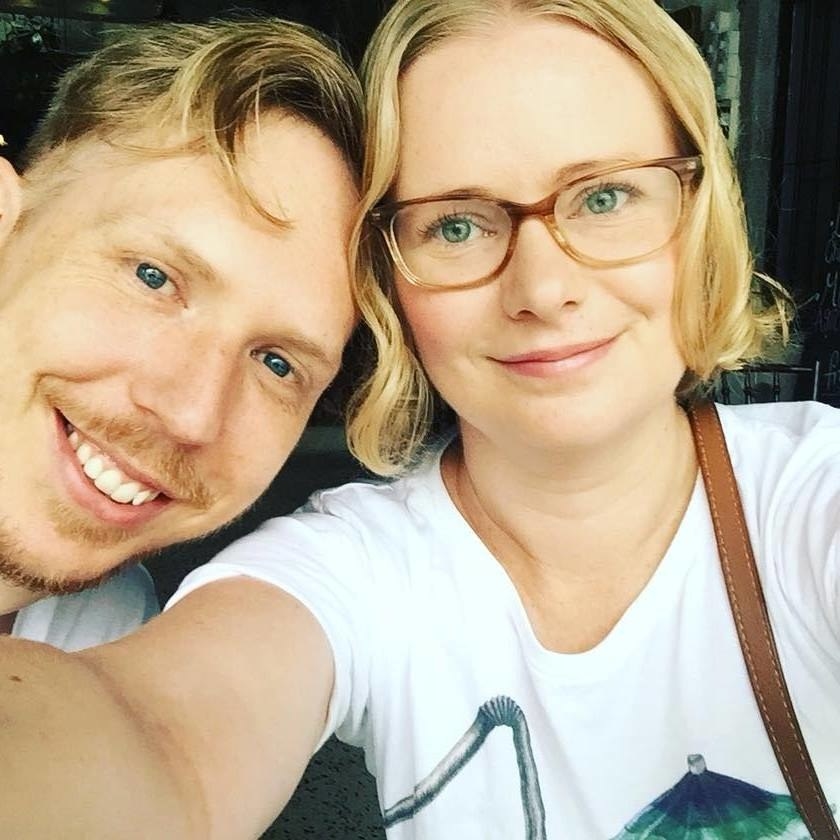
"The surgery experience itself was very uncomfortable and distressing. My surgeon instructed me to have a couple of alcoholic drinks before arriving, to reduce any nerves," she said. "I experienced a severe panic attack during the surgery and repeatedly asked the surgeon to stop. ... However, a staff member held me, and in approximately 15 minutes the surgery was complete and I left the clinic, still quite shaken. My partner said he had heard what sounded like cries coming from the operating room but didn’t go in because he was scared that by interrupting the procedure, he would put my health at risk."
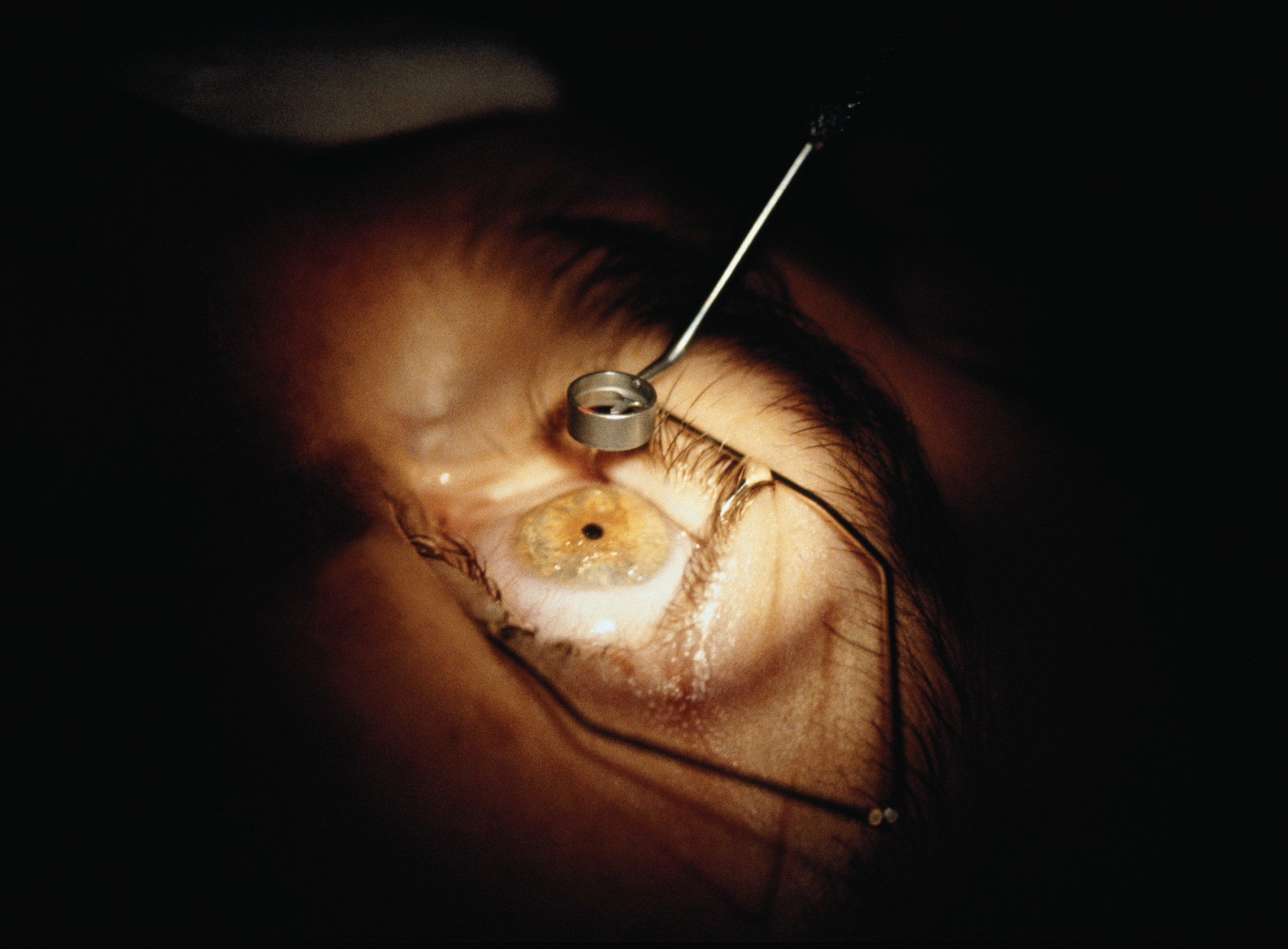
Erin realized something was very wrong two to three days after her procedure. "My eyes felt as though they were burning and someone was pushing small shards of glass into them. It hurt even to blink, and simple occurrences, such as a small gust of wind, would cause me to fall to the ground in blinding pain. I was also experiencing significant light sensitivity, which led to my partner having to cover up the windows in our apartment."
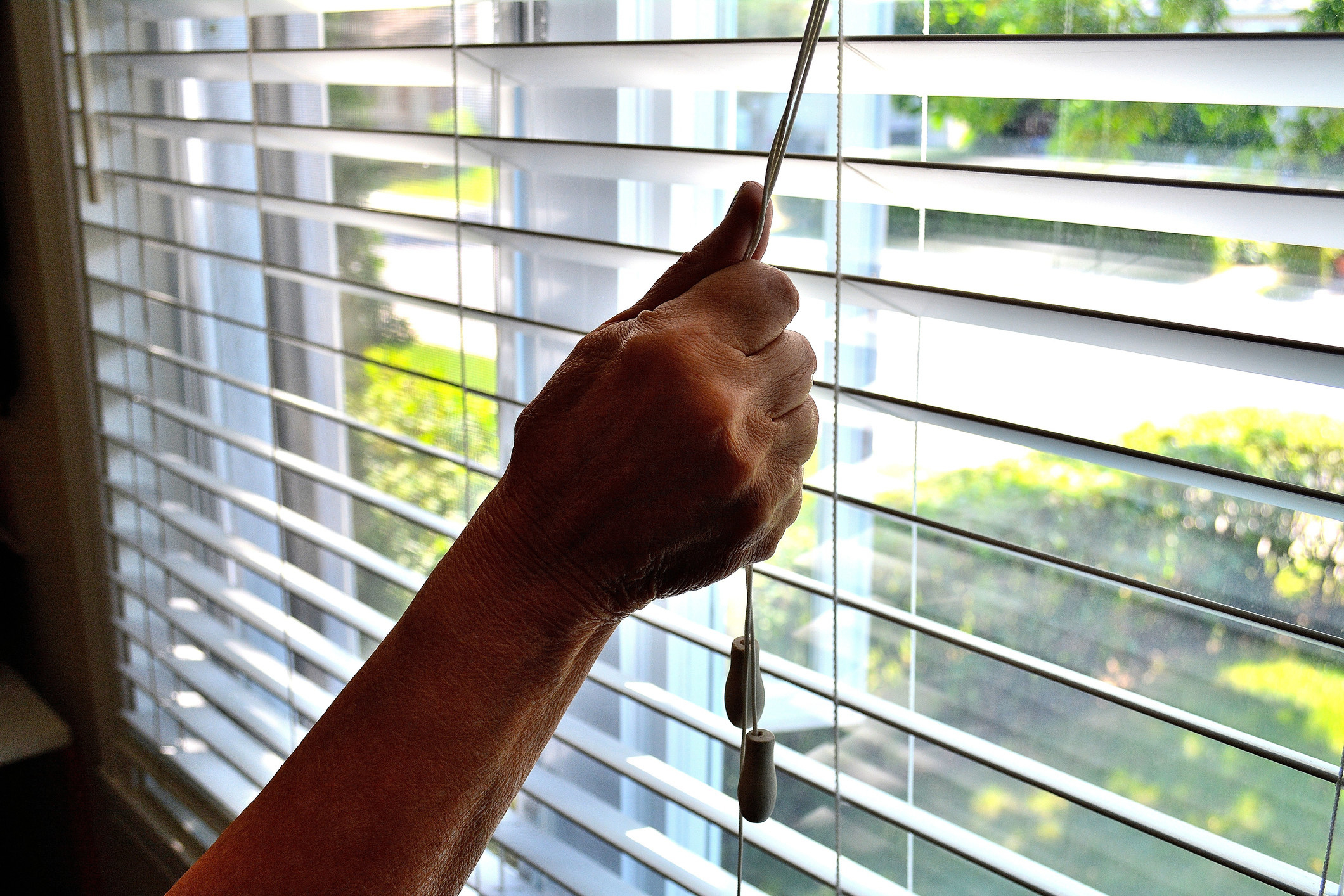
"When my pain was at its worst, I scheduled an appointment [with my eye doctor] to seek his help. During this appointment, he consumed alcohol (both vodka and wine) whilst in the process of using equipment to test my eyes and treating me with medicated eye drops. He told me multiple times not to report him or tell anyone."

Erin now suffers from neuropathic corneal pain — a chronic condition that causes, in addition to pain, light/air sensitivity, foreign body sensation, and burning in the eyes. "My experience of neuropathic corneal pain and the involvement with my eye surgeon has negatively affected my mental health, and I have been diagnosed with depression, anxiety, and PTSD. I am no longer capable of maintaining full-time employment, I had to stop volunteer work, I experience significant levels of financial stress due to high medical costs, and I have had to put a lot of my dreams on hold, including starting a family of my own," she said.
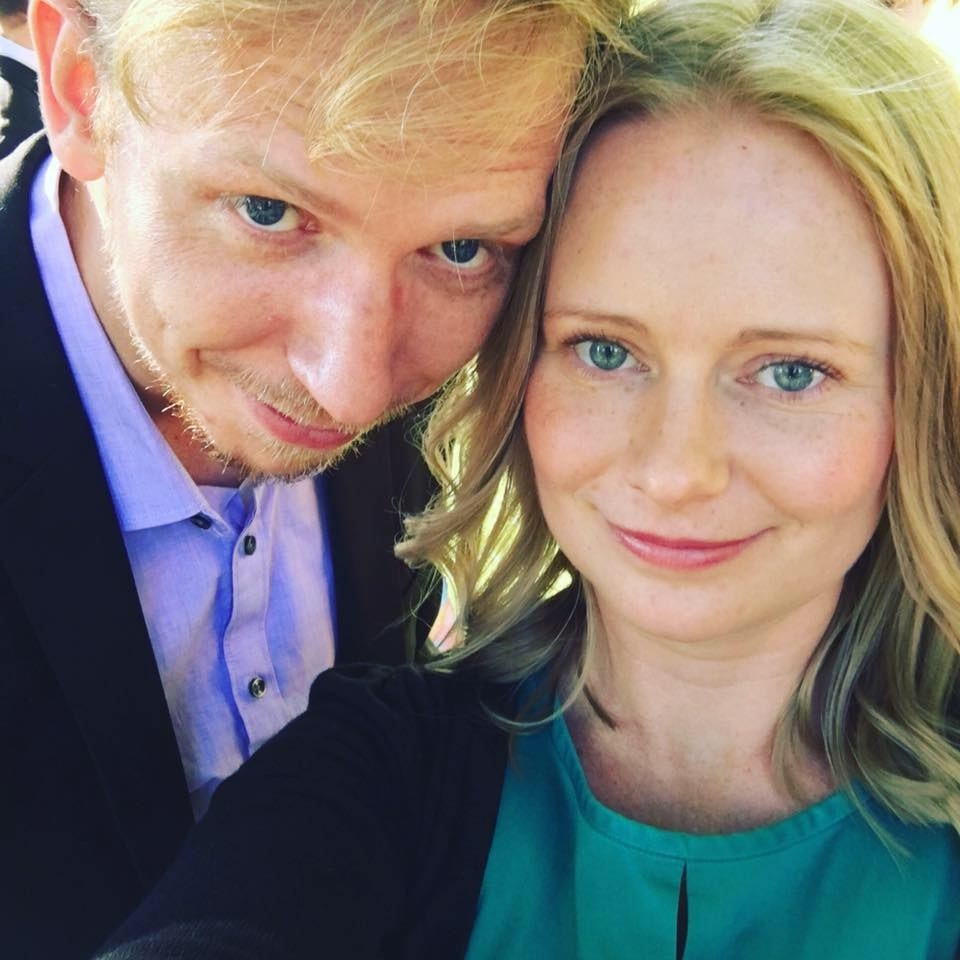
Erin is on myriad medications to help manage both her physical and psychological symptoms. One of these treatments is "autologous serum eye drops," which are drops made from Erin's own blood. "They sound completely gross, but they do actually help," she said.

BuzzFeed spoke to Dana, who is vocal about her life since eye surgery. "I wore contacts for 8 to 10 years, and with every day that passed, they became more and more of a problem. I knew something ‘better’ and ‘greater’ was out there: laser eye surgery. Little did I know, it would be the worst decision of my life. When my surgery day came, I was so excited, and it all went smoothly — until I realized it didn’t."
One of Dana's first symptoms post-surgery was extreme light sensitivity. "It caused awful headaches and made it really hard to be near even a window or look at a TV screen. They list this as a temporary side effect, but four years later, this is still one of my top two!" she said.
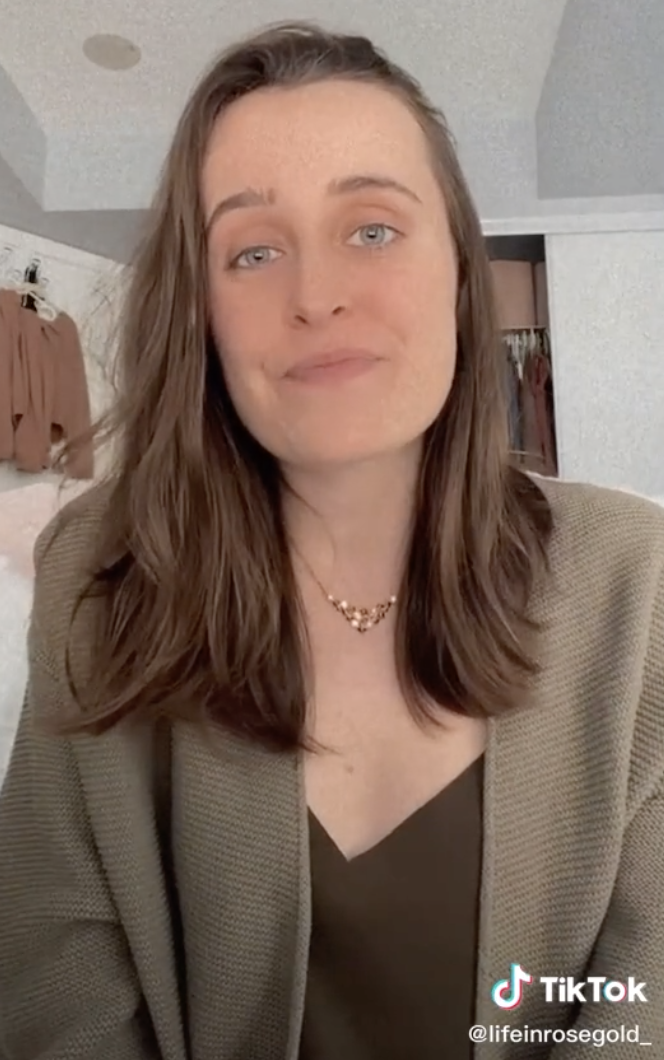
To get relief, Dana must take pain medications daily. "There isn’t a pain medication directly for corneal neuralgia, so they commonly use anti-seizure medications to help calm the pain," she said. "I also have serum tears (eye drops made from my own blood), steroid eye drops, and lubricating eye drops. I find some relief in wearing sunglasses during the day and blue-light glasses while I'm on the computer. I apply heat masks when needed and always use a humidifier while I sleep. Although these help ease the pain, I am still left with sharp, dull, burning, stinging pains throughout the day and no permanent solution as of yet. Makeup, lights, the sun, and dry environmental conditions are all major pain triggers."
For more information on laser eye surgery complications, BuzzFeed reached out to Dr. Brian Boxer Wachler, an ophthalmology specialist in Beverly Hills. "It’s really rare to have a chronic issue after [laser eye surgery]; I would say less than 1%," he told BuzzFeed. "Of course, there’s always the possibility that something was not done properly by the surgeon...or something occurred that was unexpected. A surgeon, I would say, likely was not expecting to see something like this happen, and it would be sort of an almost unexpected, rare complication when somebody has a chronic pain condition after the procedure."
Boxer Wachler explained that for SMILE — the procedure that Dana had — one of the biggest risk factors is if the patient has keratoconus, which is a condition where the cornea thins and gradually bulges outward, making a conelike shape. This is why it's important for a doctor to do a "corneal topography" on potential laser eye surgery candidates. A corneal topography is a medical imaging technique that provides a 3D picture of the cornea.
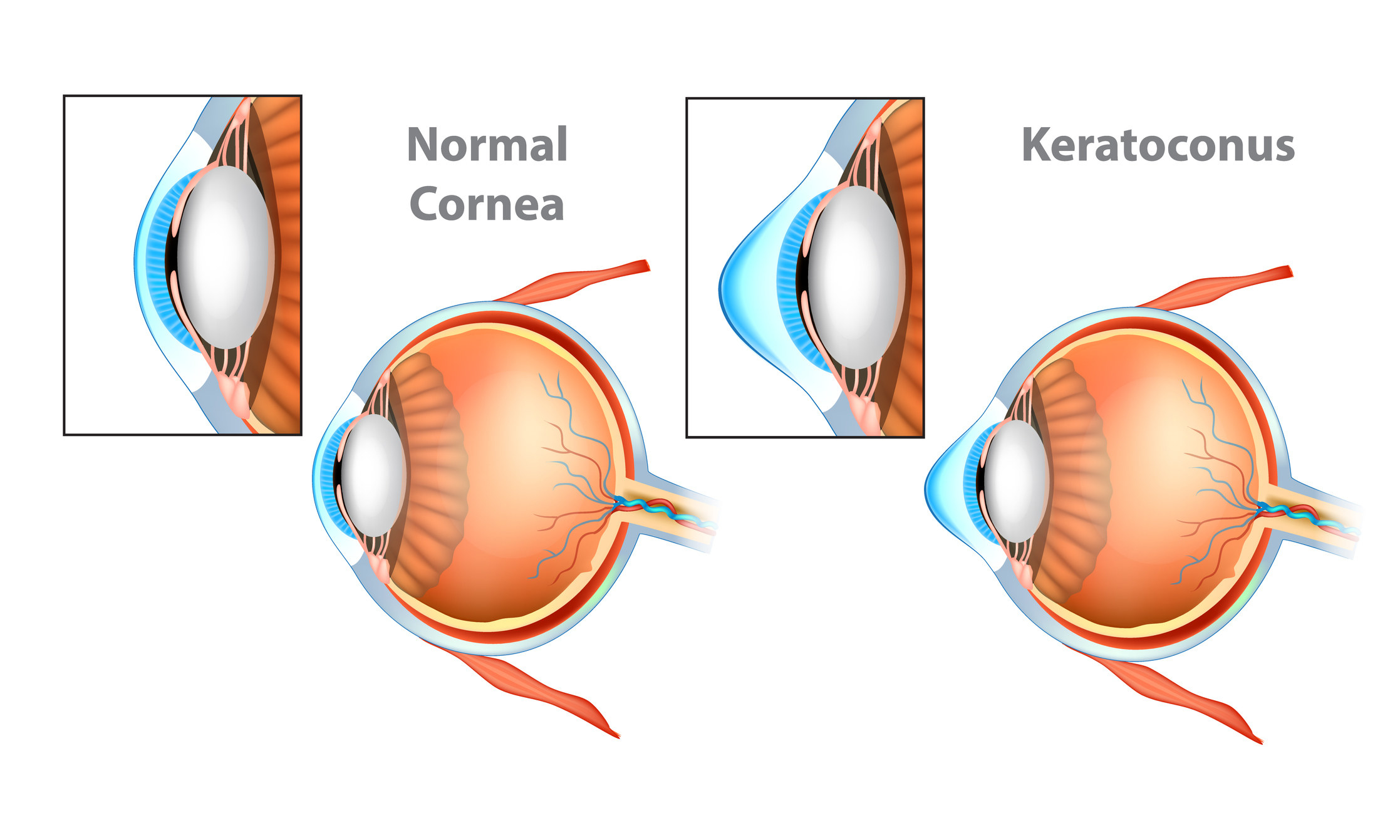
For both PRK (the procedure Erin had) and SMILE (the procedure Dana had), having untreated dry eyes is also a risk factor for chronic pain following the procedure, according to Boxer Wachler. "If someone had dry eyes that weren’t treated, then had SMILE or PRK, then those procedures could make dry eyes worse."
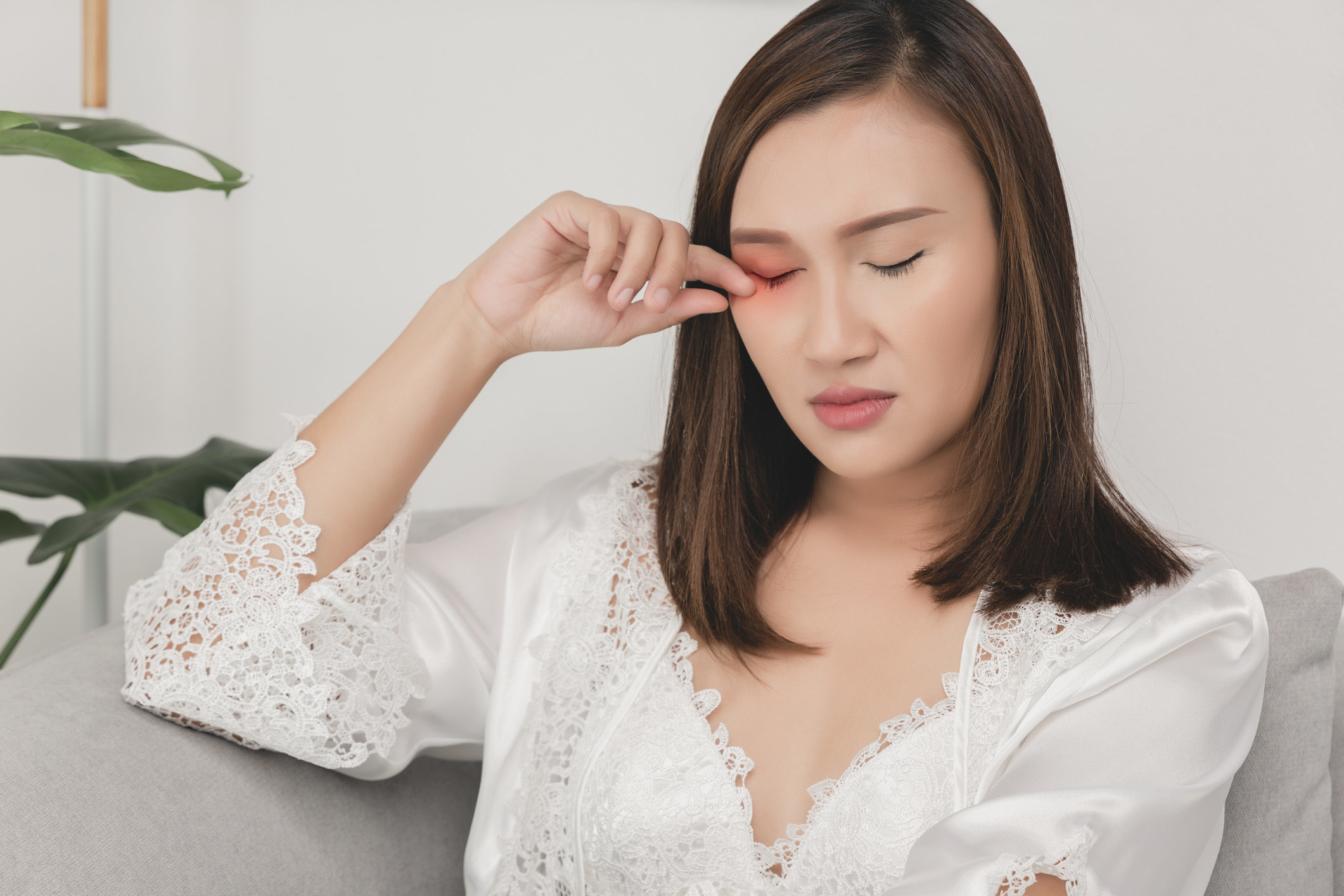
In addition to keratoconus and dry eyes, those who have high levels of myopia (nearsightedness; between -8 and -20 diopters) or hyperopia (farsightedness) aren't good candidates for laser eye surgery. Candidates under the age of 20 may still have changing eye prescriptions, so doctors recommend waiting until eyesight has stabilized for at least a year. Finally, those with uncontrolled autoimmune disorders should stay away from laser eye surgery, including those who have lupus or a family history of keratoconus. This is because they are more prone to having complications post-surgery.
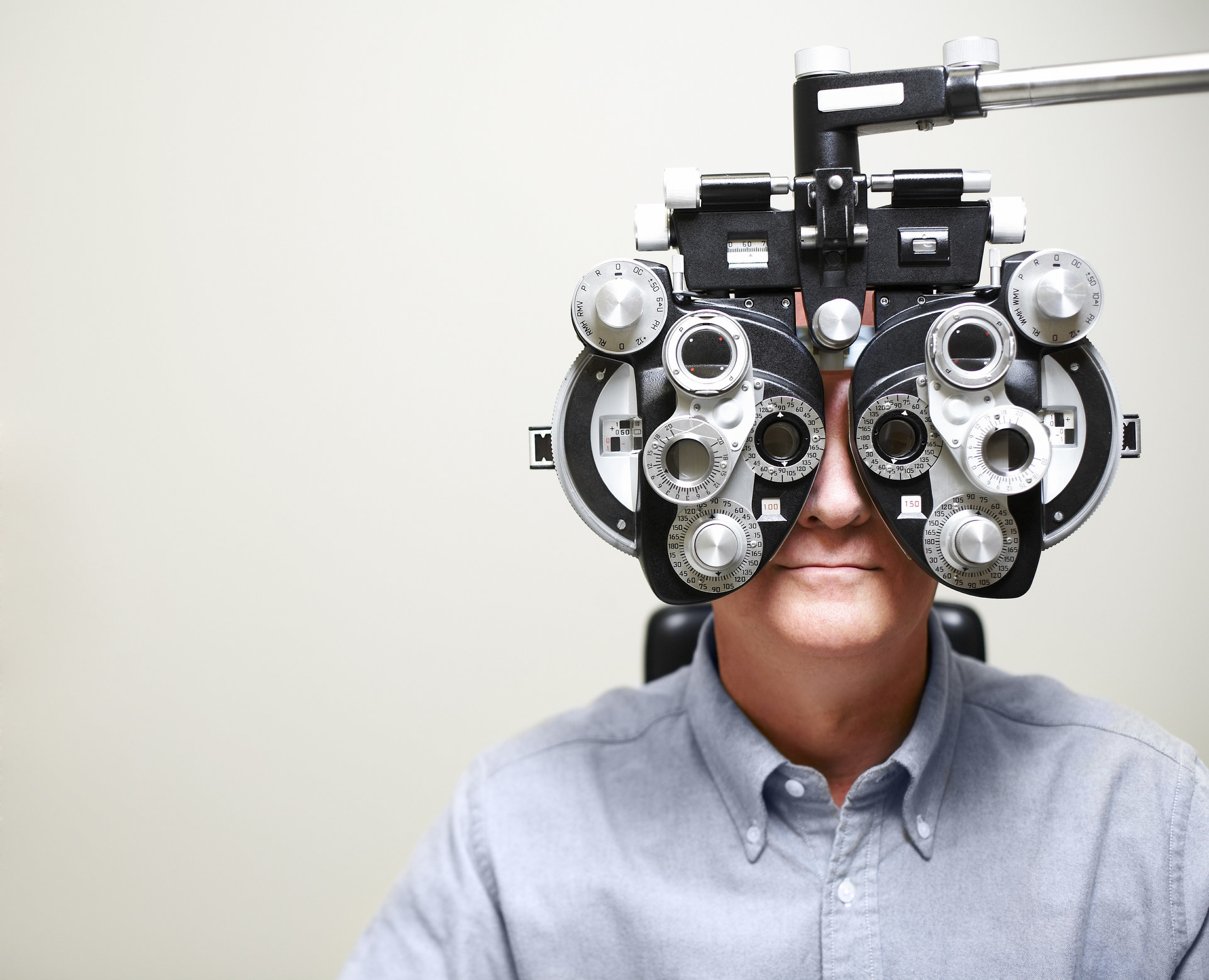
Boxer Wachler said his first line of treatment if a patient comes to him with postoperative pain or discomfort is flax oil pills. "I have all my patients for procedures take oral flax oil capsules, which are usually phenomenal at lubricating the eye internally from within," he said. "Another thing that’s used commonly is called punctal plugs — those are little plugs that we place in the corner of the eyelid as a little drainage port, so it keeps the tears on the eye longer."
If you're someone considering laser eye surgery, it's important to go to a qualified surgeon, ideally one who has performed over 10,000 laser eye surgeries. The American Academy of Ophthalmology is a great resource. Surgeon consultations should not feel like a sales pitch but should feel like an informed conversation that answers all your questions — and surgeons should never overpromise results. Arm yourself with information, and ask thorough questions.
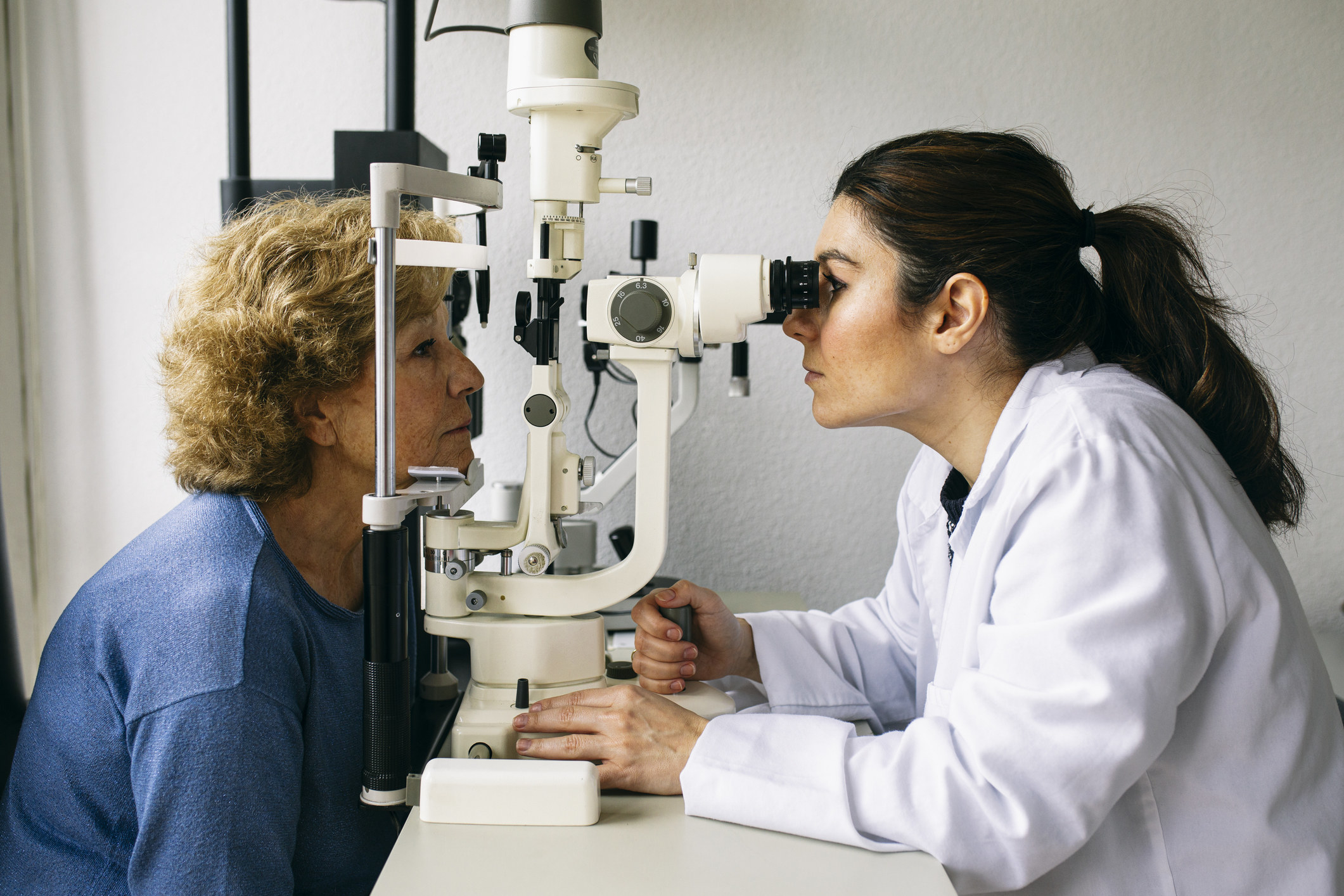
"It’s important that people feel comfortable," Boxer Wachler said. "And if somebody’s not comfortable, or I have a patient who — even though they’re a great candidate — they’re not comfortable, I still wouldn’t want them to go ahead with something unless they’re comfortable with it... I think [finding] somebody who’s really highly qualified and experienced is important, and being familiar with the potential side effects. ... No surgeon ever expects there to be a complication, but an experienced surgeon will know how to treat it if it does occur."

Boxer Wachler also said it's important to equip people "with the information to ask the doctor to evaluate them and to give them a corneal topography test, because that is a test of the shape of the cornea. That’s how keratoconus is diagnosed. So that has to be done before having laser eye surgery."
